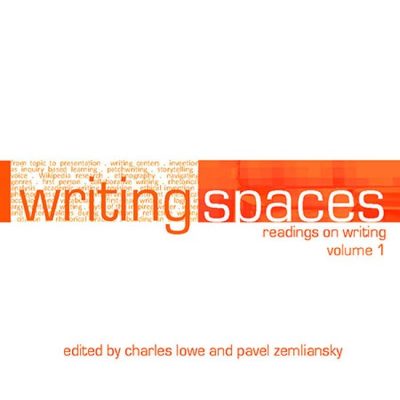13 James P. Purdy’s “Wikipedia Is Good for You!?”
Writing Spaces Volume 1
Doing research and creating writing from that research can be a complex, daunting process, especially when some of the most readily available resources like Wikipedia are often banned from academic writing assignments. However, in this chapter James P. Purdy outlines what we can learn as researchers and writers from Wikipedia. Wikipedia is not only a useful tool at the beginning of a research project, it can also model some of the key concepts and stages in the research writing process.
“Because of their open participation, unreliability, and (potentially) shallow topic coverage, you generally should not cite Wikipedia as authoritative sources in college-level writing. This does not mean Wikipedia is not useful, or that you cannot read it, or that you should not cite it if you do use it. It does mean that Wikipedia is better used in other ways.”
MLA Citation Examples
Works Cited
Purdy, James P. “Wikipedia is Good for You!?” Writing Spaces: Readings on Writing Volume 1, edited by Charles Lowe and Pavel Zemlianksky, Parlor Press, 2010, pp. 205-224.
In-text citation
“Because of their open participation, unreliability, and (potentially) shallow topic coverage, you generally should not cite Wikipedia articles as authoritative sources in college-level writing. This does not mean that Wikipedia is not useful, or that you cannot read it, or that you should not cite it if you do use it. It does mean that Wikipedia is better used in other ways” (Purdy 209).
APA Citation Examples
References
Purdy, J.P. (2010). Wikipedia is good for you!? In Charles Lowe and Pavel Zemliansky (Eds.), Writing Spaces: Readings on Writing, vol. 1 (pp. 205-224). New York: Parlor Press.
In-text citation
“Because of their open participation, unreliability, and (potentially) shallow topic coverage, you generally should not cite Wikipedia articles as authoritative sources in college-level writing. This does not mean that Wikipedia is not useful, or that you cannot read it, or that you should not cite it if you do use it. It does mean that Wikipedia is better used in other ways” (p. 209).
Chicago Citation Examples
Bibliography
Purdy, James. “Wikipedia is Good for You!?.” in Writing Spaces: Reading on Writing Volume 1, ed. Charles Lowe and Pavel Zemliansky (New York: Parlor Press, 2010), 205-224.
In-text citation
“Because of their open participation, unreliability, and (potentially) shallow topic coverage, you generally should not cite Wikipedia articles as authoritative sources in college-level writing. This does not mean that Wikipedia is not useful, or that you cannot read it, or that you should not cite it if you do use it. It does mean that Wikipedia is better used in other ways” (Purdy, 2010, 209).


